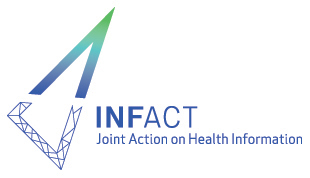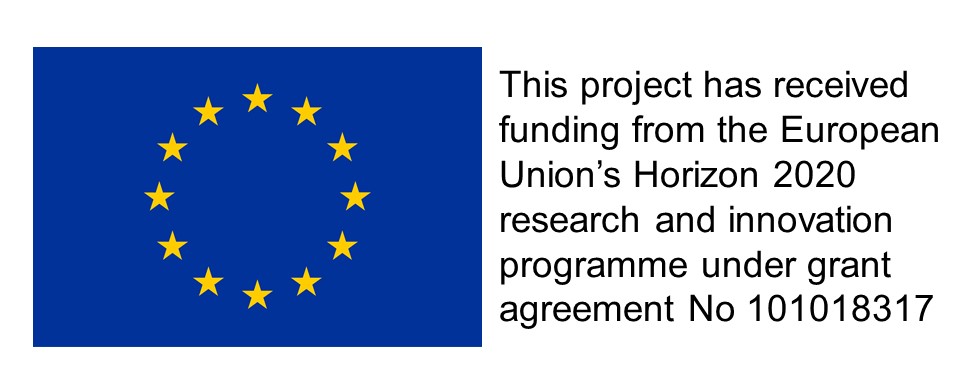Overview
The purpose of the survey on the mental health of the Estonian population is to obtain a comprehensive overview of the mental health situation of the population. This is the first extensive mental health survey in Estonia.
The results of the study contribute to the planning of a more complete monitoring system for the mental health of the population, which can be used to ensure the best help to those in need as soon as possible.
A mental health study consists of two major parts: a quantitative study and a qualitative study.
The quantitative study is a large population-based longitudinal survey study of mental health with a large population-based sample (20,000 respondents) conducted in 2021-2022 in three waves to track changes in mental health indicators over one year. In order to compare with the pre-crisis situation, follow-up studies are organized in three previously studied cohorts. The target group of the study is Estonian residents at least 15 years old. The results of the survey are analyzed together with data from national registers and a register study is carried out . In order to assess the reliability of the survey results and to specify the relationships between the found risk and coping factors, two validation studies are additionally carried out as part of the quantitative study .
The purpose of the qualitative study is to get an overview of the coping skills of frontline workers (medical workers, police officers, caregivers) and vulnerable groups (families with children, elderly people living alone) during the crisis caused by the COVID-19 pandemic, as well as mental health problems.
The study is carried out in cooperation with the University of Tartu.
The study is financed from the resources of the RITA activity of the Estonian Research Agency.





